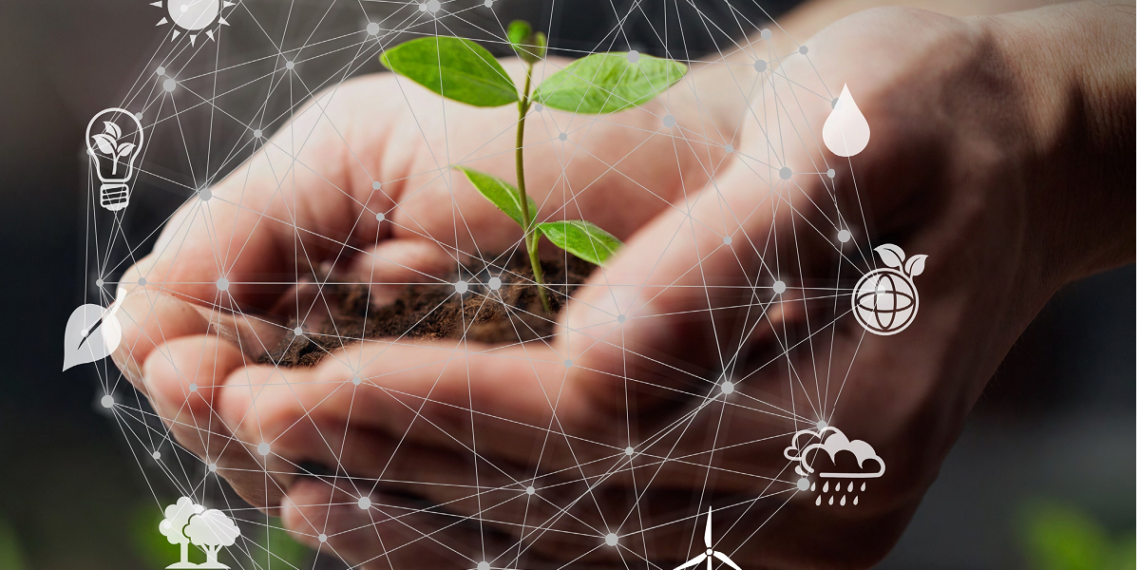What does OCIM Metals & Mining bring to the mining industry?
OCIM Metals & Mining (OMM) supports companies in the mining industry by providing alternative financing solutions precisely tailored to the industry itself.
These solutions are designed to meet the needs of companies, particularly when their risk profile discourages traditional banking lenders. In this way, we make it possible for mining projects to grow in a responsible manner.
How does your model benefit both the industry and its stakeholders?
While we have a wide range of financial tools at our disposal, prepayment is at the heart of our value proposition. It’s non-dilutive and enables repayment in the raw material produced, rather than in currency.
This allows companies to spread their payments out based on production forecasts and transfers the exchange rate risk to us. The risk is thus limited to their operations, where they have full control and all the expertise needed for success, rather than extending it to the fluctuations of the market. This in turn helps stabilize and safeguard the assets put up as collateral.
In contrast to a predatory agreement, this type of financing gives the mining companies a great deal of leeway in terms of keeping its balance sheet in order, concentrating on its core business (extraction and production), and retaining a greater share of the value created, in order to fairly compensate stakeholders.
How does sustainability play into the mining industry?
Mining and sustainability go hand in hand.
First, mining is an essential component for decarbonizing and sustainably transforming the global economy. This crucial role will continue to grow over the coming decades.
However, this expansion raises the question of sustainability regarding mining methods, and highlights the duty of mining companies to set an example in all three ESG categories.
The environmental issue is, of course, central. This concerns waste treatment, water management, and the preservation of biodiversity.
It is the responsibility of each level of the mining value chain to take ownership of these issues
Increases in production must also help the millions of people who depend on mining for their livelihoods. The social component looks at the communities of the miners and how to improve their living conditions in aspects like health, education, and legitimate legal employment.
Lastly, there are questions of governance and power relationships among the sector’s stakeholders. The issues of transparency and diversity should be at the heart of expectations going forward. It is the responsibility of each level of the mining value chain to take ownership of these issues. Whether public or private, transnational or local, many collective initiatives already exist to guide operators in adopting best practices on these issues. But it still remains a question of individual will.
How do you support your partners in addressing these issues?
As a preferred partner of the mining industry, OMM actively shares in this responsibility. Our commitment goes far beyond local laws and regulations and covers the entire lifecycle of the projects we support.
From the outset, we exclude all projects that do not respect a list of minimum conditions of sustainability. The traditional review period allows us to thoroughly understand the projects and analyse them according to a strict ESG guidelines, in addition to the usual legal and technical audits. And finally, we monitor the implementation of the projects financed for each of these categories after approval.
Could you cite an example?
Our most recent case involves TRX Gold (TSX:TNX) which operates the Buckreef Gold mining project, a gold project with more than 2Moz deposits located about 110km southwest of Mwanza, Tanzania.
Last year, we provided TRX with US$5M in alternative gold prepayment financing. This allowed TRX Gold to make productivity-enhancing investments, while ensuring greater flexibility for exploration and development programmes.
Most importantly, it has allowed us to support a programme with a laboratory that follows ESG best practices. On the environmental front, for instance, each site and supplier is certified by the International Cyanide Management Code.
From a social standpoint, the Tanzanian state is a 45% shareholder in the project through the public company, Stamico, with several initiatives aimed at supporting local communities being carried out jointly. These include secondary school funding, and open access for small-scale miners, etc.
Last, the board of directors has established audit and compensation committees made up entirely of independent figures and the company’s performance is analysed according to GRI reporting standards.












